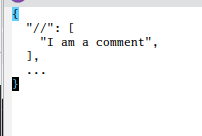Post details
the problem with most folk discovering cool content and websites from their rss feeds is that i have adhd i had adhd 20 years ago too, but the web wasn't built so much to predate upon it, and my adhd is also just worse now that and websites didnt make me angry every day because developers didnt go out of their way to make everything awful
















